Facebook ban ‘put people at risk’
Facebook has been accused of putting communities at risk after essential health and emergency services were swept up in the news ban.
Suburban mothers groups, vital health services and even national treasures, Jimmy and Jane Barnes were ‘wiped’ off Facebook, in the wake of its big tech tantrum on Thursday.
The drastic move affected an extraordinary number of non-news organisations, including the Bureau of Meteorology, state health departments, welfare services, community organisations, retailers and even satirical websites.
The Cold Chisel frontman and his musical wife also confirmed their collection of heartwarming performances, posted by the couple to entertain and uplift audiences during the pandemic had been deleted.
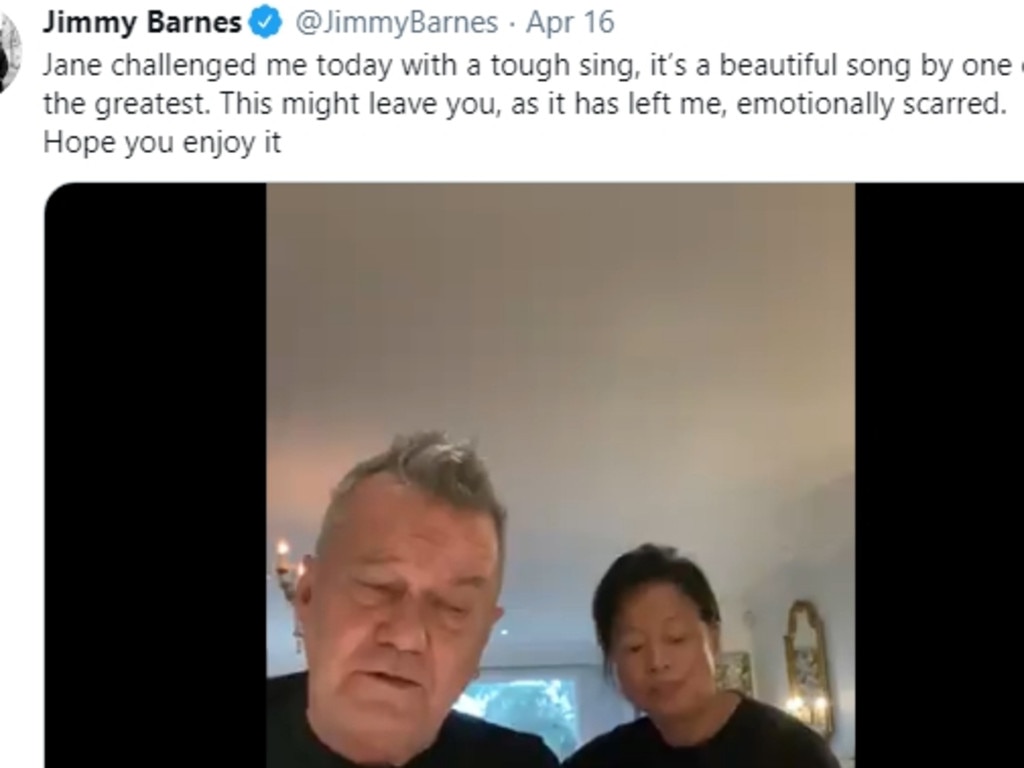
The 200-plus videos went viral during lockdown, but had disappeared along with charity sites and vital health and safety accounts, risking the community, the federal government warned.
Health Minister Greg Hunt said the social media giant’s “outrageous” abuse of power would harm Australians’ ability access critical medical information.
Mr Hunt said the social media’s decision to block pages including Bowel Cancer Australia and Kids Cancer Project was “unacceptable” and can never happen again.
“We expect that Facebook will fix these actions immediately and never repeat them again,” he said, adding “this is an assault on a sovereign nation.”
“It is an assault on people’s freedom and, in particular, it is an utter abuse of big technology’s market power and control over technology.”
Mr Hunt accused Facebook of putting “profit over people.”
“We say to Facebook, ‘stop this now and perhaps it is time to put people over profit’.”
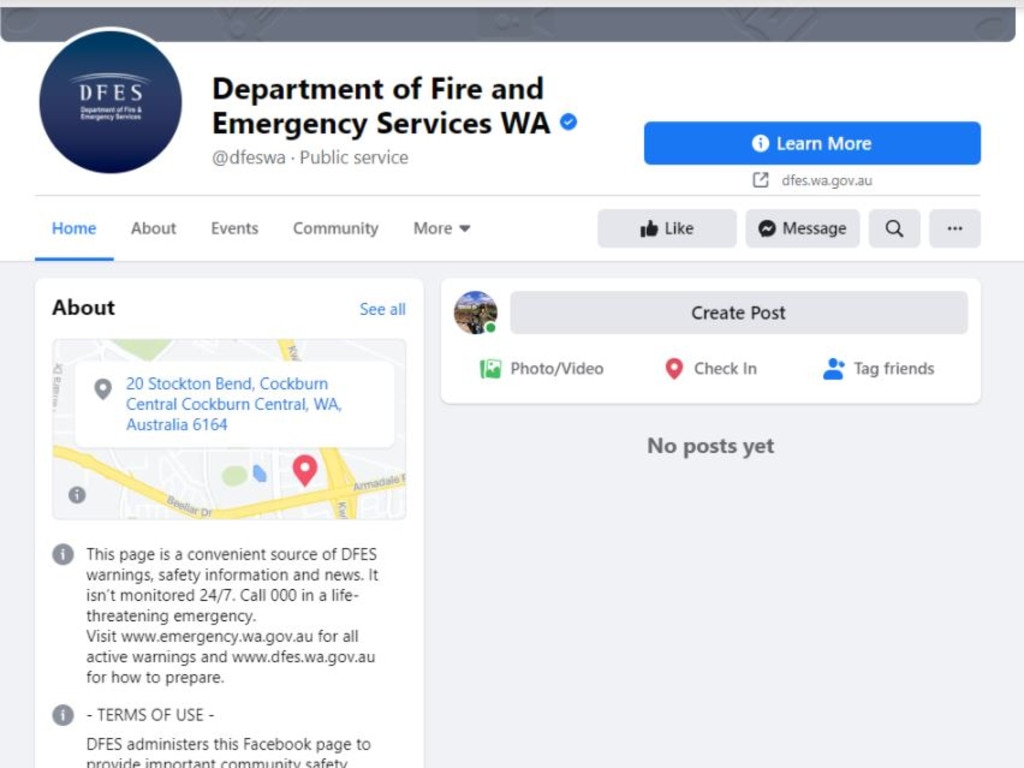
Associate Professor David Holmes, Director of the Monash Climate Change Communication Research Hub at Monash University, said it was also “irresponsible” of Facebook to block the Bureau of Meteorology feed “on a day of potentially dangerous floods in Queensland and severe fire danger in Western Australia”.
“Over the last decade, Facebook has become the ’new front page’ for many Australians and is integral to how breaking news is received. Facebook’s actions today, in restricting news content in Australia, is not in the public interest, particularly when it comes to issues of community safety,” he said.
“Many rely on Facebook as their primary newsfeed and for community warnings such as those issued by the BOM, many in the community could be put at risk, in the short term.”
Dr Tai Neilson from the Department of Media, Music, Communication and Cultural Studies at Macquarie University said the news ban “couldn’t come at a worse time – in the middle of a health emergency when the public needs timely and accurate information most”.
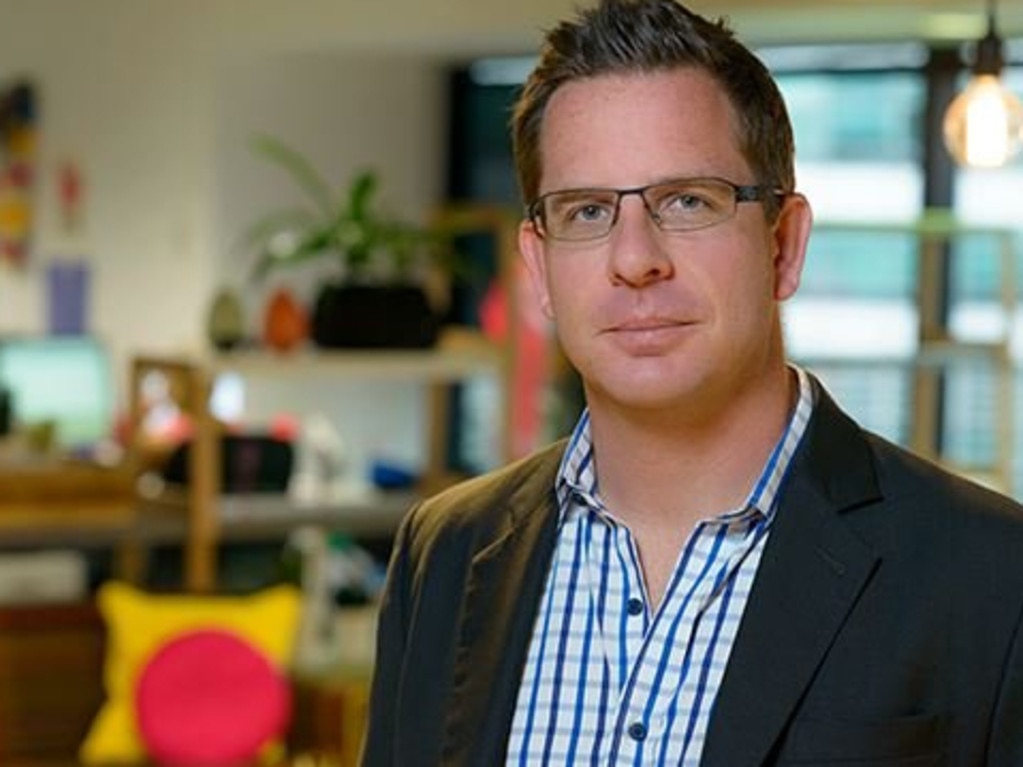
People who relied on Facebook for information risked missing important warnings, and this could be the “last straw” for many users, he said.
Dr Belinda Barnet from Swinburne University of Technology said Facebook’s move showed “they were never serious about fighting misinformation.”
“They are prepared to abandon the main source of fact-checked and accurate information on their platform to avoid falling under the news media bargaining code,” she said.
Dr Barnet said it was not clear if Facebook’s silencing of non-news organisations was a “massive blunder” or “a massive show of power”.
Some organisations which were prevented from posting earlier in the day were later able to do so.
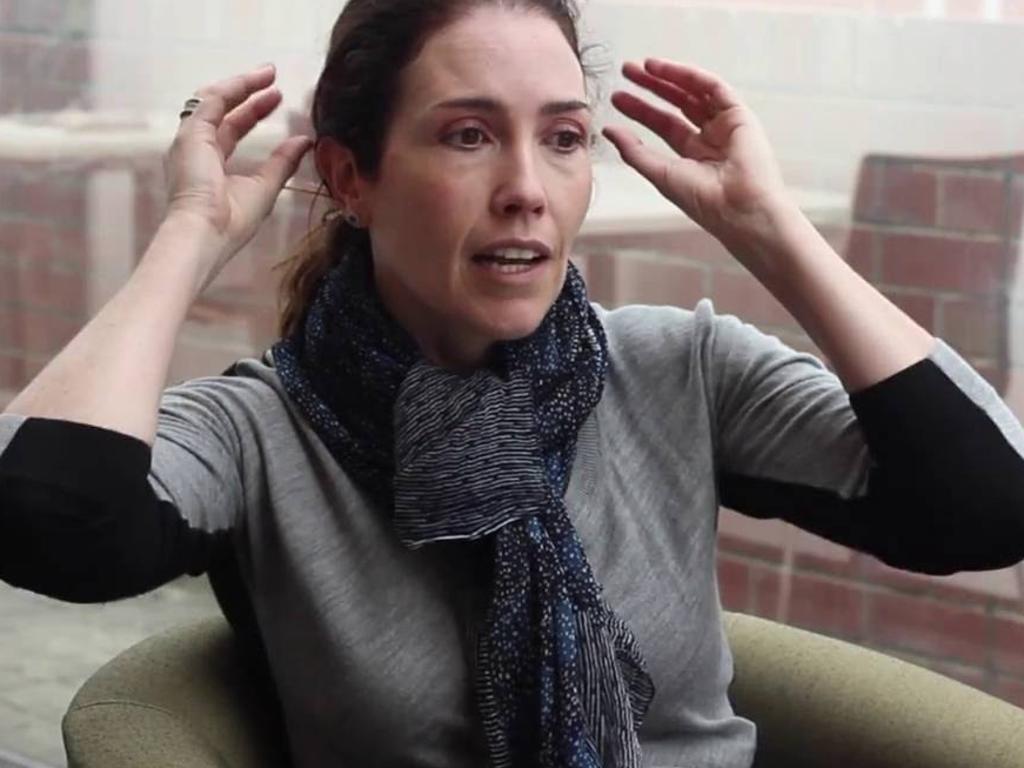
“It could be Facebook took an algorithmic approach to implementing the ban today and had some serious teething problems,” Dr Barnet said.
Whether silencing the non-news organisations was intentional or not, Dr Barnet said, it would only erode the trust of users in the platform.
The statement from Facebook Australia and New Zealand managing director William Easton about the ban suggested some forethought had gone into the need for essential information to still be carried on the platform.
The Easton statement said “authoritative information” would be provided through dedicated information hubs like the COVID-19 Information Centre, and the company’s “commitment to remove harmful misinformation and provide access to credible and timely information will not change”.
NON-NEWS SITES AFFECTED BY FACEBOOK BAN
EMERGENCY SERVICES
Fire and Rescue NSW
The Royal Children’s Hospital Melbourne
GOVERNMENT & AGENCIES
Bureau of Meteorology – all states
Department of Fire & Emergency Services – WA
Queensland Health
SA Health
ACT Health
ACT Government
TransLink QLD
Brisbane City Council
Western Sydney Health
SA Government
Tasmanian Government
SUPPORT SERVICES
1800Respect
National Debt Helpline
Bowel Cancer Australia
Kids Cancer Project
DVConnect
Sacred Heart Mission
Council to Homeless Persons
Mission Australia
Queensland Council of Social Service
Fragile X Association of Australia
Victorian Council of Social Services
Women’s Legal Service NSW
South Australian Abortion Action Coalition
Women With Disabilities Australian Youth Network
Safe Steps Family Violence Response Centre
Royal Children’s Hospital Melbourne
UNIVERSITIES
Monash University
Bond University
Charles Darwin University
University of New England
The University of Newcastle
The Medical Journal of Australia
ARTS
Australian Centre for the Moving Image
Tasmanian Symphony Orchestra
Christian Media & Arts Australia
NON GOVERNMENT ORGANISATIONS
ACTU
Save the Children Australia
Australian Wildlife Conservancy
Opportunity International Australia
The Walkley Foundation
Australian Copyright Council
SATIRE
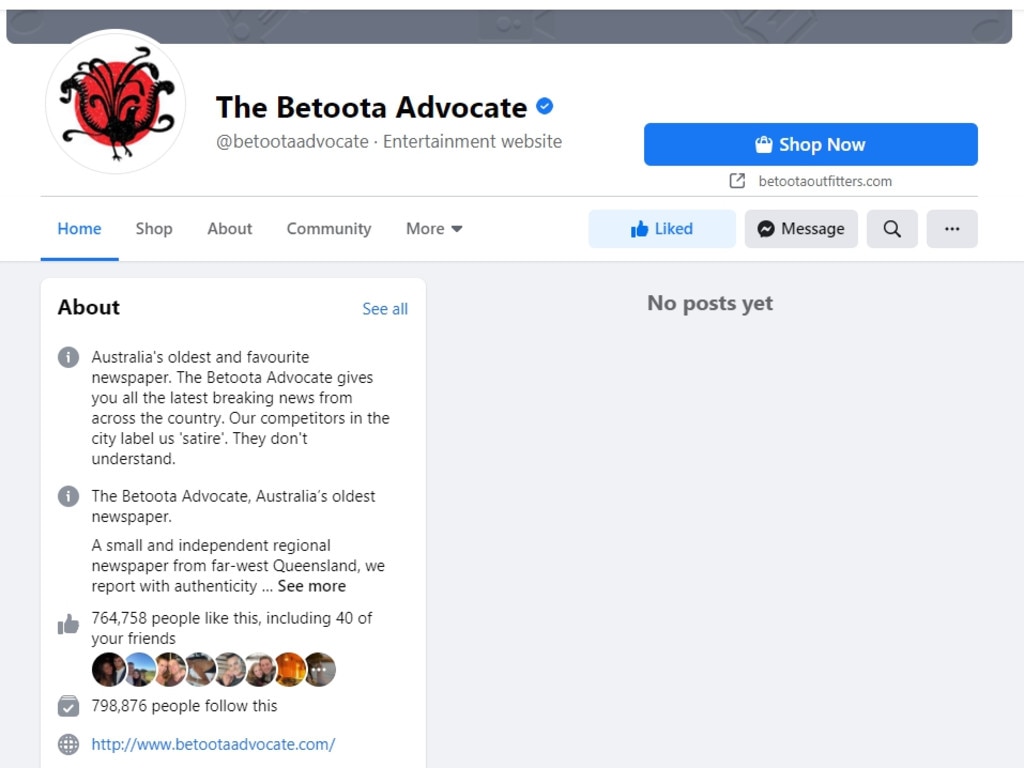
The Betoota Advocate
The Onion
The Shovel
The Chaser
COMMERCIAL
Finder
Domain
Realestate.com.au
RACQ
Energex
Harvey Norman
Virgin Australia
SPORT
Queensland Rugby League
Women’s Rugby League
More Coverage
Originally published as Facebook ban ‘put people at risk’




